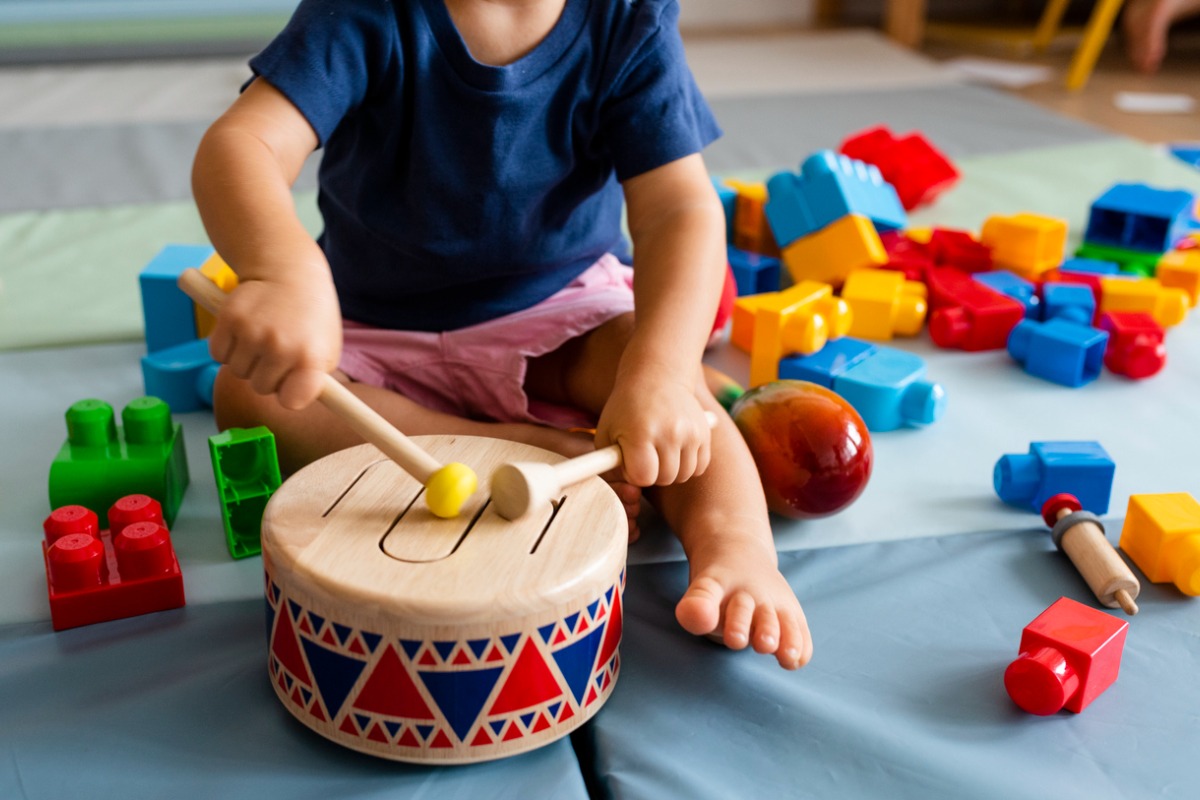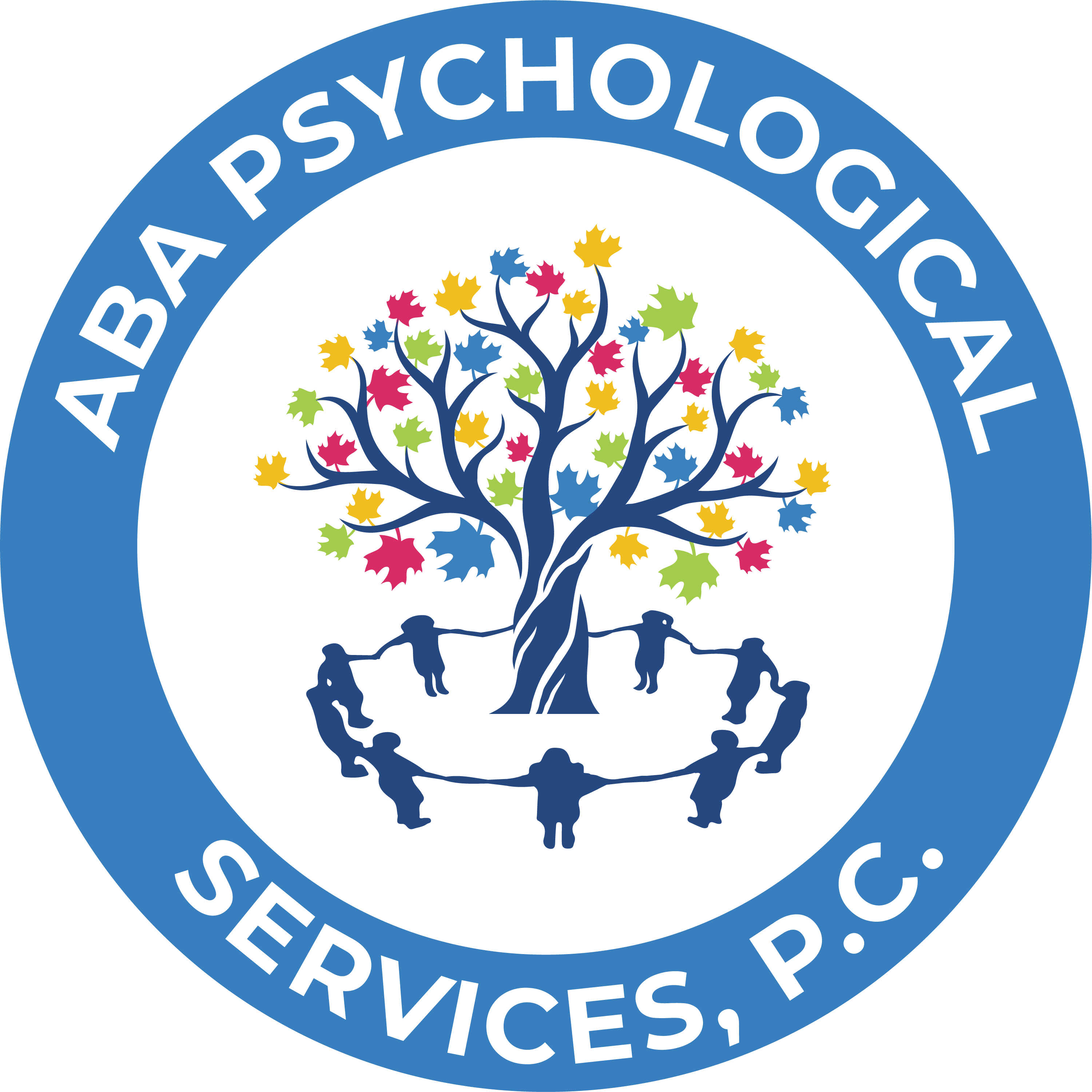
NEWS
How Music Can Help Those With Autism
July 22, 2022
By ABA Psychological Services
Children with autism spectrum disorder (ASD) often have a limited ability to communicate or interact with others. As more studies come out supporting music as a
tool to aid communication, we find that music can have other beneficial qualities for those on the autism spectrum. We’ll look at those benefits and how you can
incorporate music into your child’s routine.
Music and how it can benefit those with autism is a growing study with promising developments to help those with ASD. Recent and early research finds
that music may improve speech,
help with memory and attention, and
strengthen communication skills and socialization.
How is Music Used?
Music is most often used to complement other therapies or lessons. Caregivers and teachers can use singing as a way to build vocabulary. If a child can play an
instrument, music can be used to express emotions. Called musical emotions, these aren’t like regular emotions where facial expressions and tone of voice are
used. Music is used to express sadness, happiness, anger, and so on. For those with autism, these musical emotions may be easier to understand and easier to
communicate themselves.
Music can be used to help children with play and socialization. For those where interacting with others is difficult, playing an instrument can be done without eye contact or
physical touch from another person. The child interacts with the instrument, creating a more comfortable group setting.
Music, movement, and action songs can be used to unwind, bond with other children, improve motor skills, and transition into another activity. Rhythmic dance, along
with music, can be a support to learning new ways to communicate and express emotions. Even simple songwriting can be used to build communication skills.
What are the Benefits of Music for Those with Autism?
Parents may have their own evidence of how the child reacts positively to music. Maybe it’s the calm that comes with listening to classical music before bedtime,
anging on a drum to relieve tension, or listening with headphones to block an unwanted distraction. As you experiment with music, you may find some rewards happen
immediately.
However, many benefits of music will happen over time. Music as part of therapy or daily lessons consistently may improve social skills, enhance the ability to focus,
and build expressive language. Some of the benefits of using music for those with autism include:
• Greater ability to manage social interactions
• Improved communication skills
• Improved speech and cognitive development
• Increased sense of independence
• Freedom for self-expression and creativity
• Ability to relax and self-soothe
• Improved quality of life
Where Can I find more Information?
Music can be a powerful tool to help your autistic child develop social and communication skills, give a greater sense of independence, and much more. Perhaps
most importantly music for autistic children, their parents, and caregivers is fun and a great way to communicate, play and learn.
At ABA Psychological Services, we are dedicated to helping your child reach their potential. We use various teaching techniques based on the Applied Behavior Analysis (ABA)
that can be done in the home, group settings, or office. Contact us today for clinical-based or in-home therapy options
or to schedule a consultation.
Back to blog
